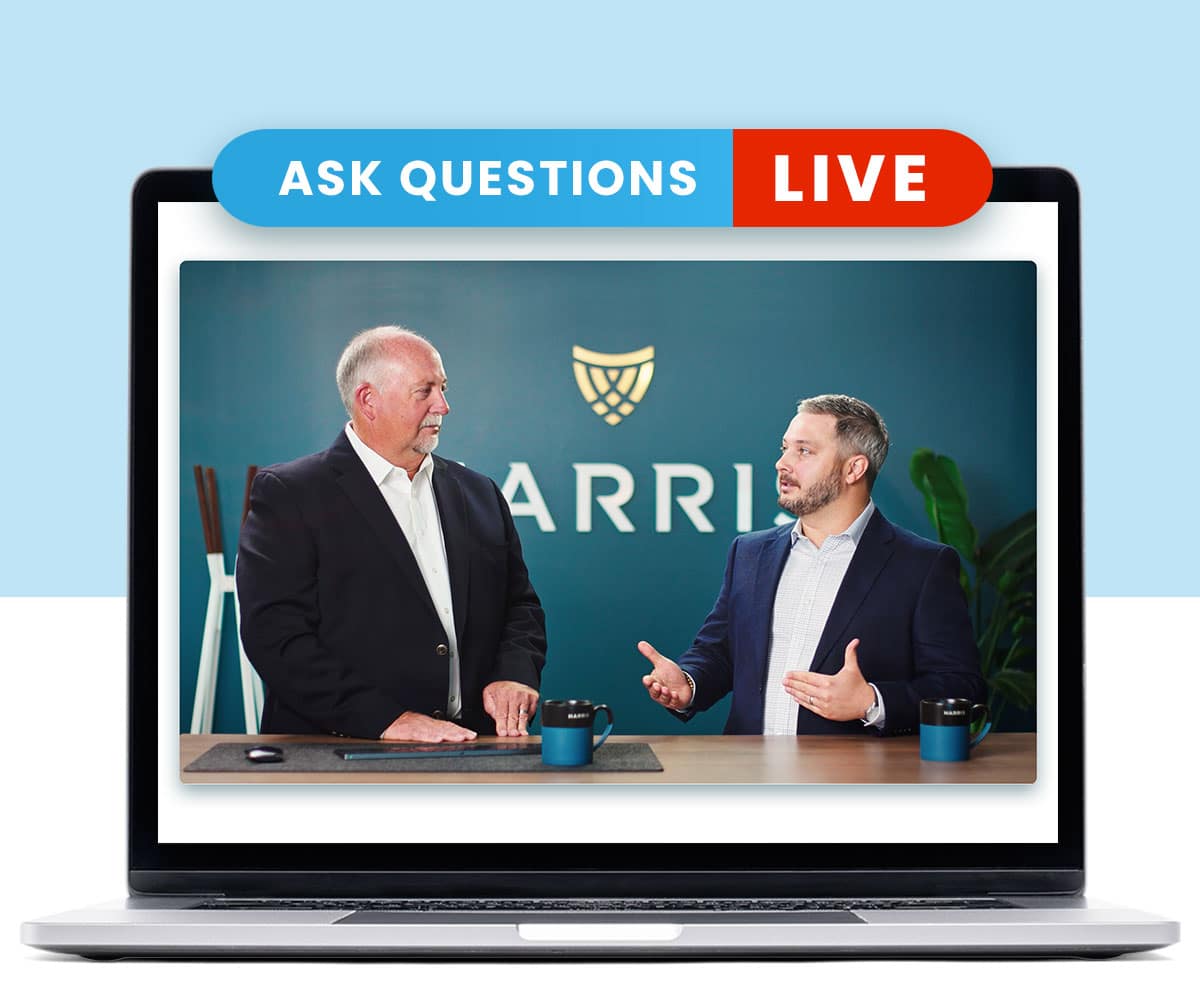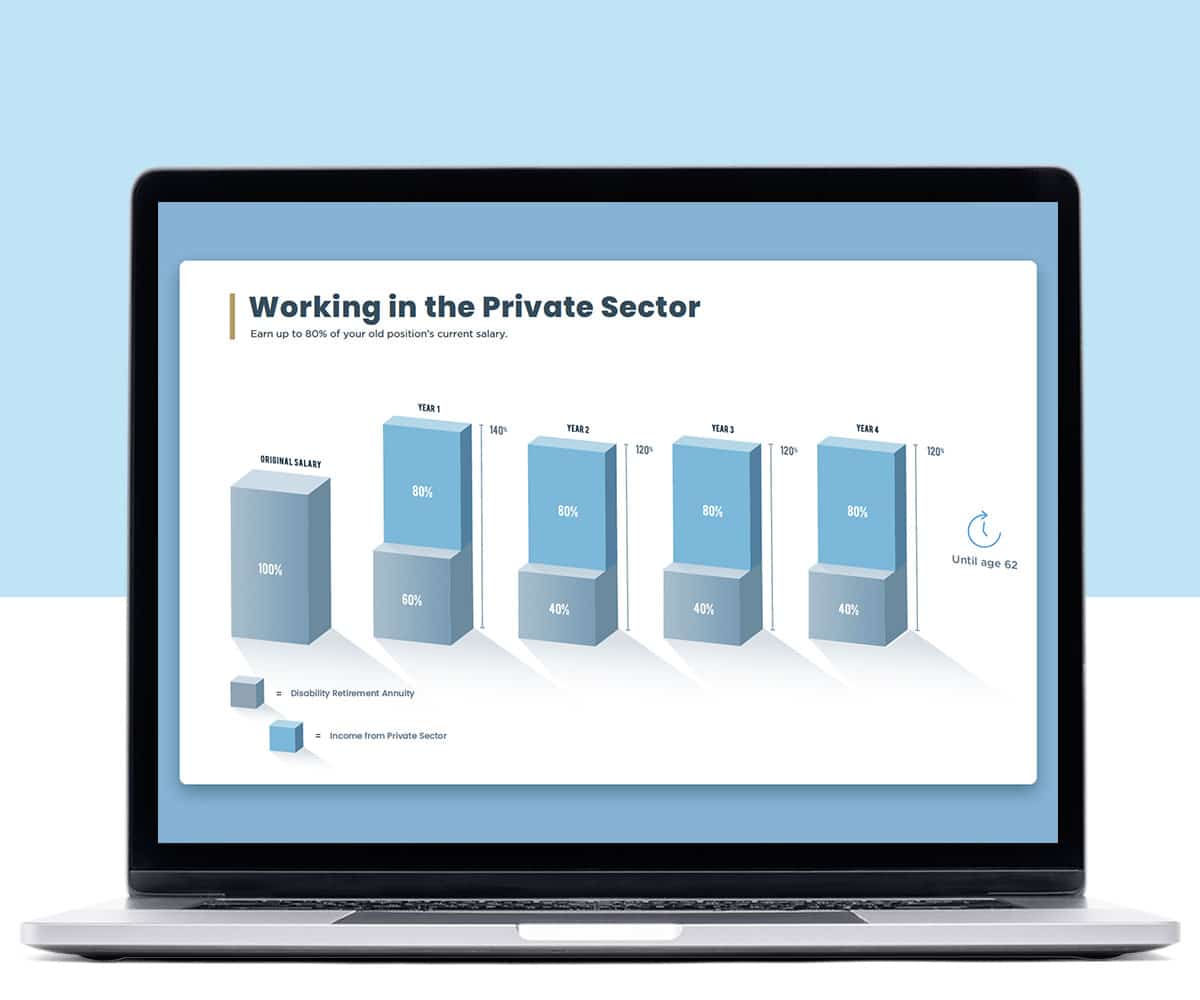Our office gets hundreds of calls every month from federal employees that have questions about their options for Federal Disability Retirement. Often, it is very clear that the caller needs to file for disability benefits and move on to a new stage in life. Sometimes, their employment status or medical condition can make that decision unclear. Here, we are going to outline some of those general questions about when it’s time to move on.
When Your Health Hinders Your Federal Job
If you are currently working full duty, but you are struggling with a medical condition that is making it very hard to continue to perform all of your job’s requirements, it may be time. Most of the people we speak to genuinely love their work and want to continue. When they began working for the federal government, they had visions of working until they turned 62, or beyond. Stopping before they get there was never part of the equation. But no one anticipates that a medical condition will be a reason that they don’t make it. It happens.
Whether a work related injury, disease, or some other condition, medical advice may be to stop working at your current position. If your medical providers are telling you to stop working in your current capacity, it may be prudent to listen to them. Continuing to “soldier on” may be causing you more damage that either eventually cause you a work stoppage, or even debilitate you further in your retirement life.
Eligible to File for Federal Disability Retirement?
You can be eligible to file for disability retirement and receive benefits. You need to weigh your options and your health and make a decision based on your long term future. Sometimes it makes more sense to go into the private sector and work a job that doesn’t aggravate your conditions, or allows you to find new employment that isn’t as demanding, while using the disability payments to supplement your income and keeping your federal group benefits.
If you are working a Limited or Light duty, modified job assignment, you could be putting yourself at risk. Limited and Light duty assignments are given by the agency, but are not guaranteed to last. They do not offer long term security and can be withdrawn. They also can lead to situations where you, the injured employee, are asked to go outside your medical restrictions. If you are working a modified assignment, you are eligible to apply for disability benefits. A modified job is not the same as your regular job, even if you are receiving your full pay. Consider your options, but understand that you may work outside of your federal job and earn an income on top of the disability pay while keeping your health and life insurance with the federal government.
If you are entirely out of work due to your medical condition, and your doctor does not believe that you will return to full duty within the next year, you definitely need to consider federal disability retirement. The disability benefits are designed for anyone that is not going to be able to continue in their full duty position for at least the next year due to a medical condition. This is not short term disability, meaning if you are about to return to full duty, this isn’t for you.
Call Harris Federal Law Firm, for a free consultation to learn more about the benefits and eligibility requirements assigned by the OPM. We help thousands of federal employees every year find the solution that suits their needs. Call us today, we look forward to serving you.



